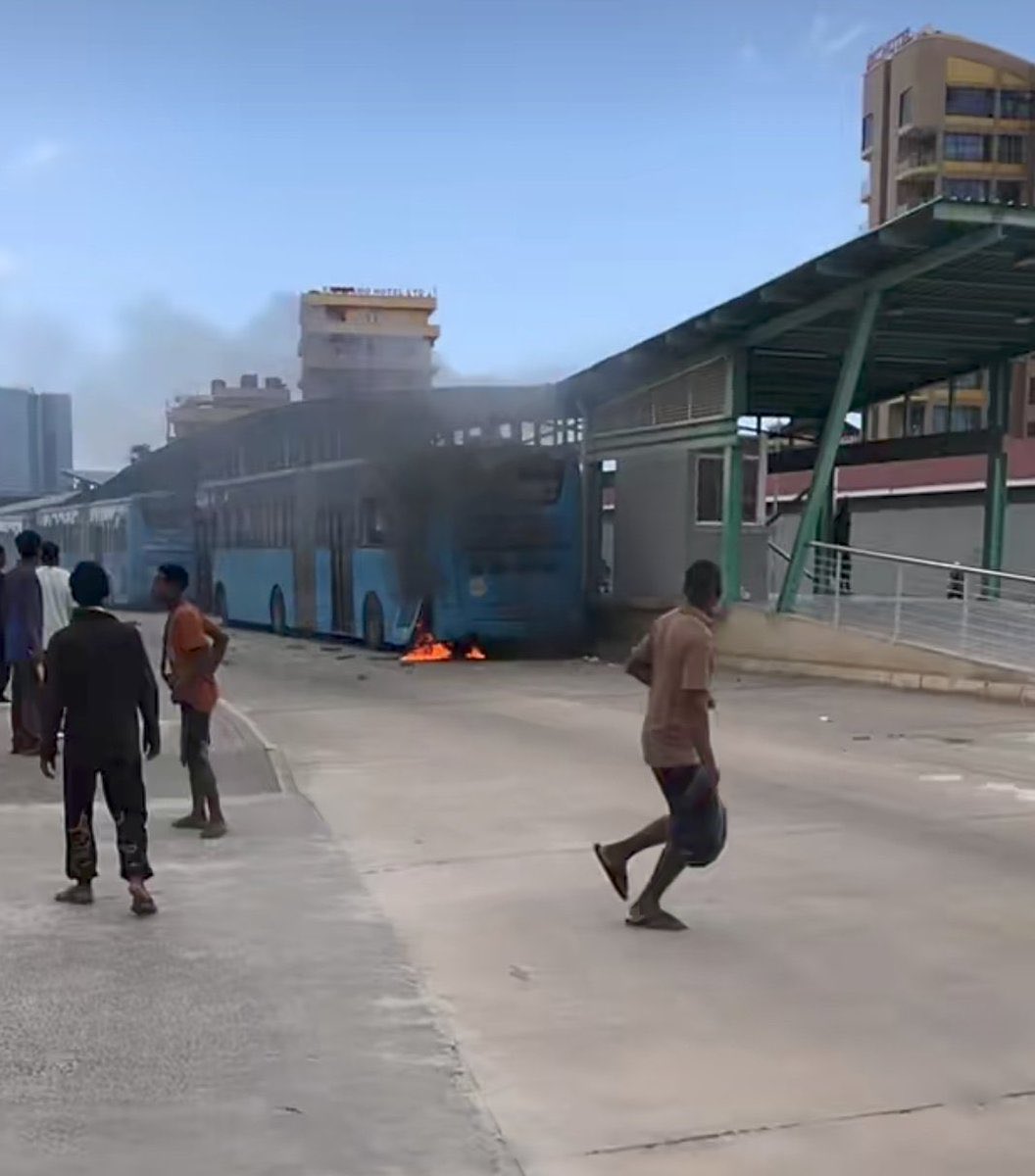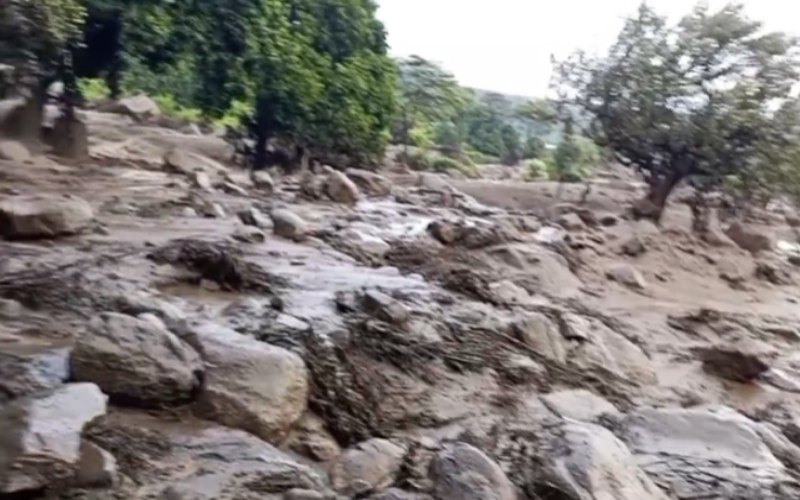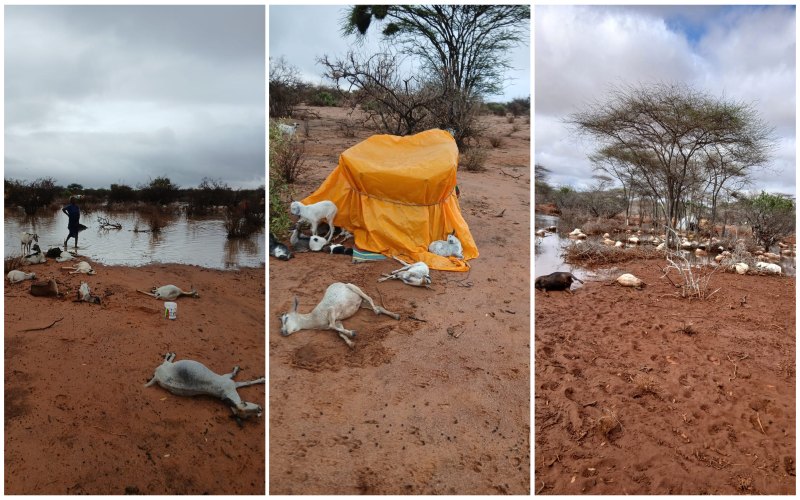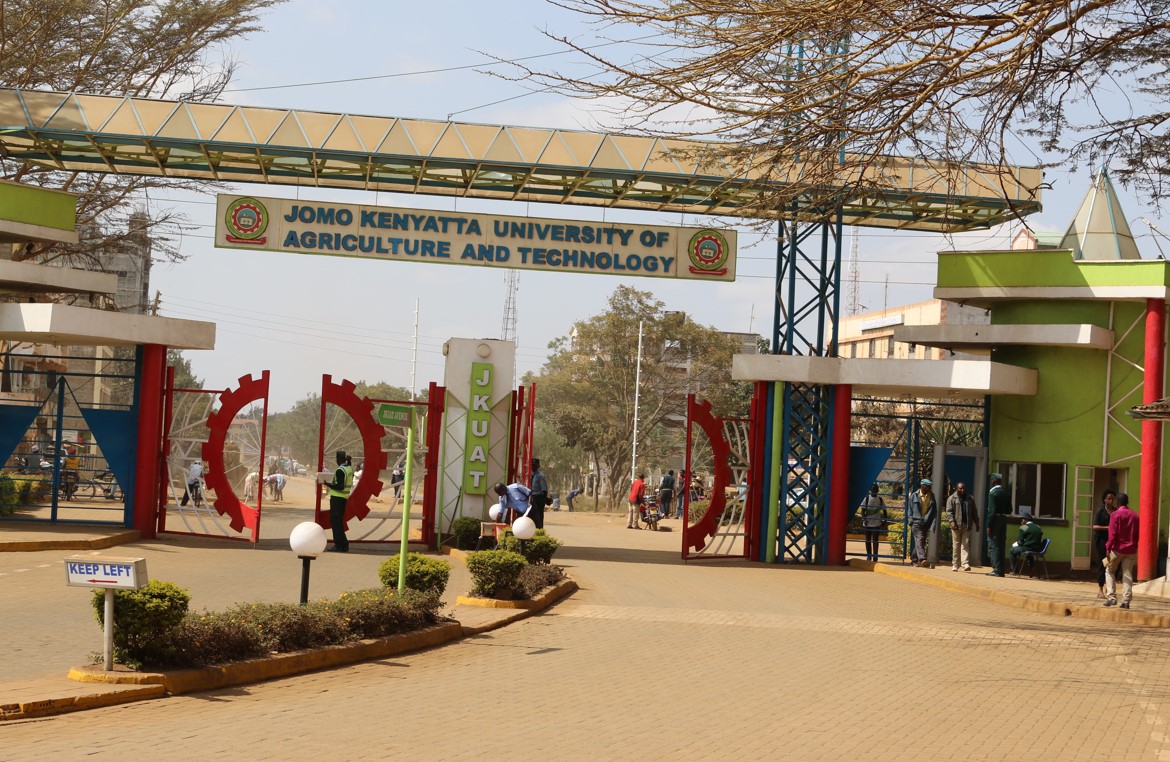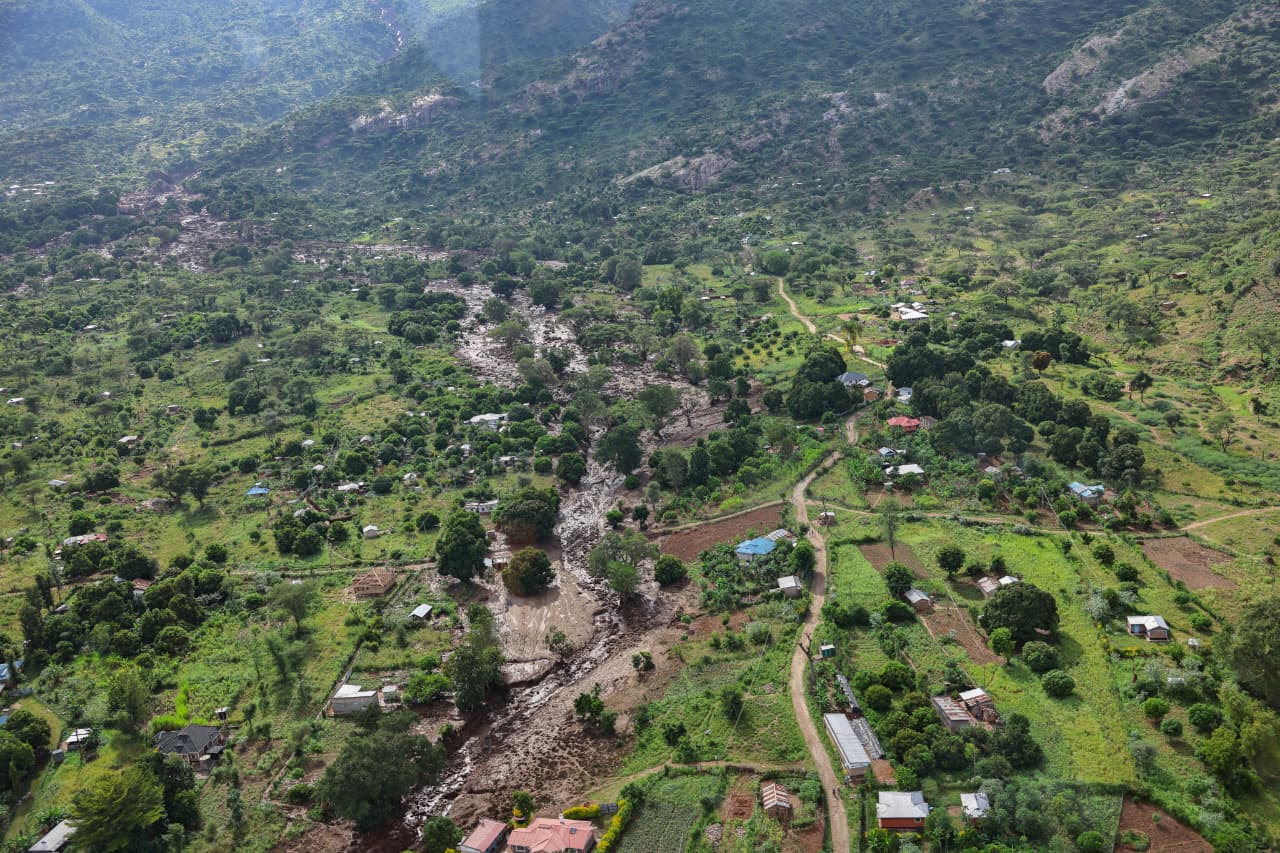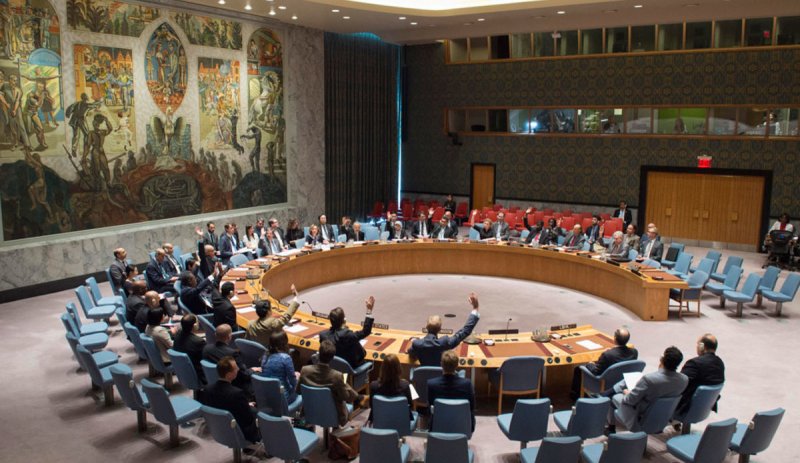Millions face escalating hunger crisis in eastern DRC, UN agencies warn
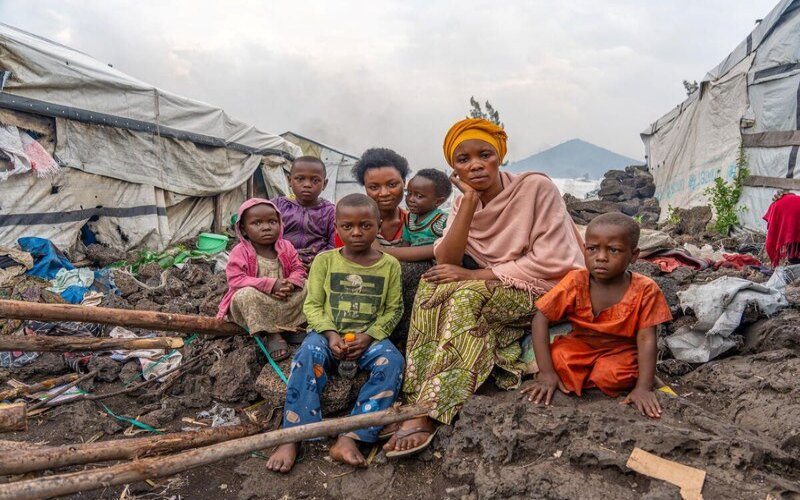
The situation is particularly severe in the eastern provinces, where armed conflict, population displacement, and limited access for humanitarian aid continue to deepen the crisis.
Millions in the Democratic Republic of the Congo (DRC) are facing a growing hunger emergency as food insecurity reaches alarming levels, the Food and Agriculture Organisation (FAO) and the UN World Food Programme (WFP) have reported.
The situation is particularly severe in the eastern provinces, where armed conflict, population displacement, and limited access for humanitarian aid continue to deepen the crisis.
More To Read
- Child marriage is still common in the DRC: What’s driving it and how to encourage change
- MSF raises alarm over worsening cholera epidemic in DRC, over 58,000 cases reported
- Global food prices ease as East Africa slips deeper into hunger – report
- After controversial stints, Vincent Karega takes helm of Rwanda’s new embassy in Algeria
- Sudan expels two senior World Food Programme officials amid escalating tensions
- M23 accuses Kinshasa of violating ceasefire, launching fresh offensive in eastern DR Congo
The latest Integrated Food Security Phase Classification (IPC) data indicate that by early 2026, about 26.6 million people across the country will be living in crisis-level food insecurity or worse (IPC Phase 3 and above).
Of these, 3.9 million are projected to experience emergency hunger (IPC Phase 4), marking an increase from the current estimates of 24.8 million and 3.2 million, respectively.
Eastern provinces remain the epicentre of the crisis. North Kivu, South Kivu, Ituri, and Tanganyika are expected to have more than 10 million people struggling to meet daily food needs by January 2026, roughly a third of their population.
Among them, three million individuals are already facing emergency hunger, accounting for 75 per cent of the national total, an increase of 700,000 since March 2025.
Child nutrition continues to be a pressing concern. In Ituri, South Kivu, and Tanganyika, children suffer from poor dietary variety, repeated disease outbreaks, and limited healthcare, worsening malnutrition rates.
Across the country, nearly half of children under five, approximately 3.2 million, are stunted due to chronic undernutrition, which hampers growth and development.
An ongoing IPC Acute Malnutrition (AMN) study seeks to clarify the full severity.
FAO is prioritising agricultural assistance to help families produce food and generate income. “Emergency agricultural assistance is one of the most cost-effective ways to meet urgent humanitarian needs,” said Athman Mravili, Representative ad interim for FAO in DRC.
“By equipping vulnerable and displaced families with the tools to grow their own food and earn income, this support not only addresses immediate hunger but also fosters resilience. Importantly, communities themselves consistently identify agricultural assistance as a top priority in times of crisis.”
Despite these efforts, results have been limited. By August 2025, FAO had reached only 217,000 people out of a planned 3.6 million due to a severe funding shortfall.
For 2026, the agency is requesting US$127 million (Sh16.4 billion) to expand assistance to about 2.4 million people.
WFP continues its work in the eastern provinces, but resources remain insufficient. Assistance initially planned for 2.3 million people in 2025 has been reduced to 600,000 due to funding gaps, with a total pipeline break expected by February 2026. WFP faces a US$349 million ( Sh45 billion) funding gap through April 2026.
“We are working tirelessly with the government and the humanitarian community despite shrinking resources for this neglected crisis,” said Cynthia Jones, WFP’s Acting Country Director and Representative in DRC.
“The latest IPC figures make one thing clear: the eastern DRC’s food crisis is escalating. Without urgent resources and action, millions of lives are at risk, and regional stability will suffer. The time to act is now - before the cost becomes irreversible.”
Top Stories Today




